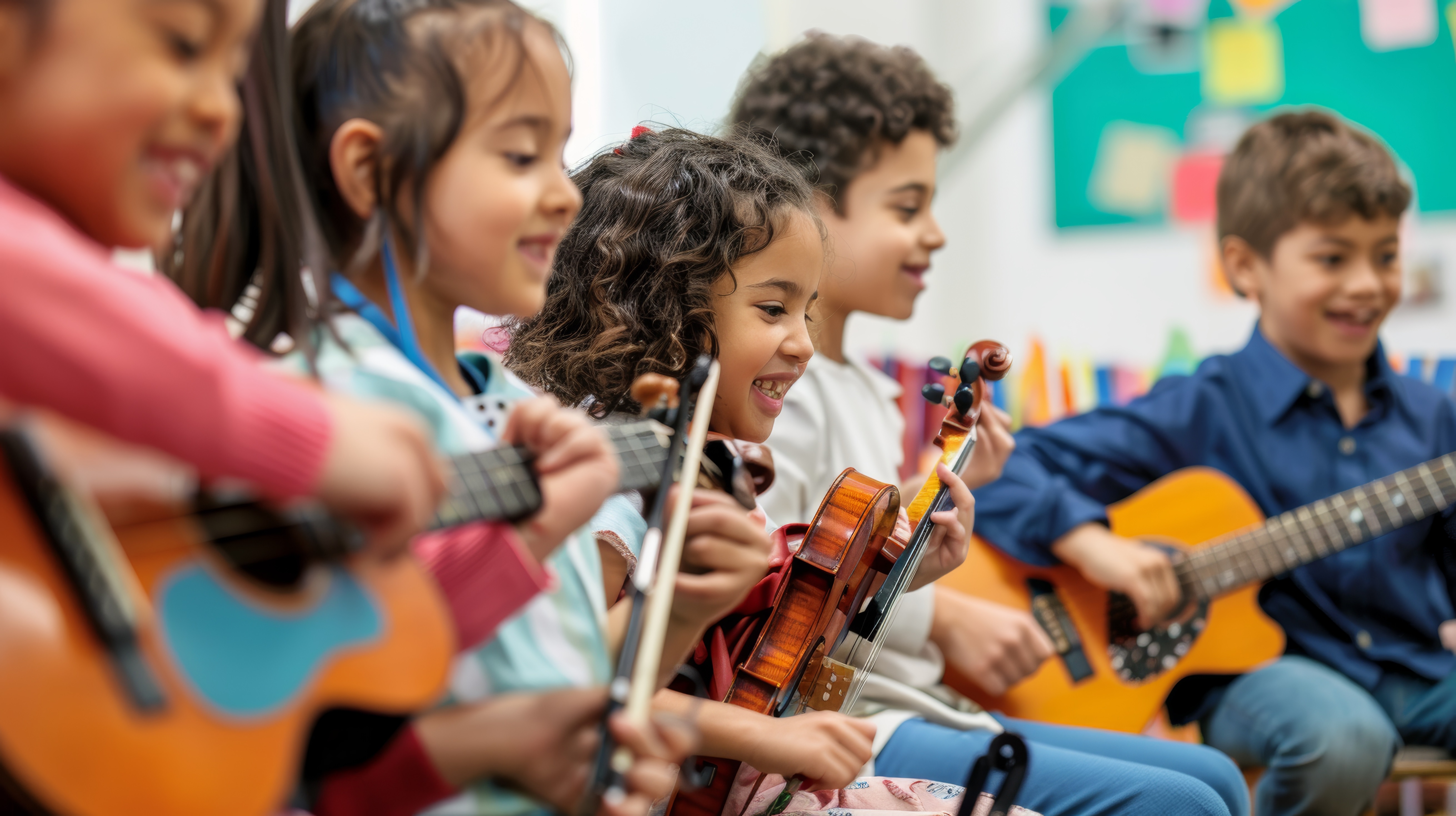
A well-rounded musician is not simply defined by technical prowess on an instrument but by a comprehensive understanding of the broader musical landscape. This includes Music Theory, aural skills, improvisation, and ensemble playing. Educational programs in places like the City of York emphasize a balanced curriculum that nurtures these diverse skills, ensuring that young people receive a high-quality music education that prepares them for both personal and professional success.
One of the cornerstones of developing a well-rounded musician is a deep engagement with Music Theory. Understanding the structural elements of music empowers students to analyze, interpret, and create their own pieces. Music teachers across North Yorkshire and the City of York stress the importance of reflective practice when learning Music Theory. This not only enhances technical skills but also contributes significantly to personal development and effective pedagogy.
A strong foundation in Music Theory encourages learners to explore improvisation and ensemble playing. In group settings, students learn to communicate non-verbally through their instruments, which is a skill that transcends music making and applies to everyday social interactions. Many music lessons now integrate aural training into their curricula, ensuring that students develop an intuitive sense of pitch, rhythm, and harmony—skills that are vital for both solo performance and group collaboration.
Aural skills are essential for developing an accurate and expressive musical ear. In today’s competitive music education environment—whether during term-time or in community arts programs—music teachers prioritize aural training as part of a comprehensive approach. By training the ear, students are better equipped to improvise and adapt during ensemble playing, allowing for spontaneous creativity that enriches performances.
Improvisation, in particular, plays a key role in fostering creative expression. It challenges students to think on their feet, blending learned techniques with intuitive decision-making. Such skills are crucial for professional development, as they encourage a mindset of continuous learning and reflective practice. This holistic approach to music teaching ensures that learners are not only proficient performers but also innovative thinkers who can navigate the evolving landscape of music making.
Ensemble playing is where individual talent converges into collective artistry. Whether it’s a school band, a community arts project, or a performance at the York Music Hub, playing in a group setting builds communication, leadership, and teamwork skills. Music teachers in the City of York and North Yorkshire often incorporate ensemble work into their curriculum to help students appreciate the importance of collaboration. This practice not only refines technical skills but also reinforces the social and emotional benefits of music education.
For many young people, ensemble playing is their first real experience of music teaching in a community setting. It provides a supportive environment where they can experiment with different musical styles, share ideas, and learn from their peers. This wide range of experiences is invaluable for building confidence and preparing for future challenges in both academic and professional arenas. Reflective practice in ensemble settings often leads to improved performance, as students learn to critique and adjust their playing in real time.
Developing a well-rounded musician involves balancing technical training with the cultivation of soft skills. Many educators emphasize the importance of reflective practice and regular feedback sessions, which help students identify areas for improvement. This approach aligns with contemporary strategies in effective pedagogy, as discussed in recent research featured by Cambridge’s British Journal of Music Education. The focus on professional development and personal growth ensures that learners are equipped with not only the technical proficiency required for performance but also the critical thinking and writing skills necessary for music criticism and composition.
Moreover, modern music education initiatives often leverage digital platforms and social media to enhance learning. By engaging with online communities and virtual masterclasses, students can expand their exposure to diverse musical traditions and innovative teaching methods. This blend of traditional instruction and modern technology supports a dynamic learning environment where students thrive both during term-time and in extracurricular settings.
The journey to becoming a well-rounded musician is multifaceted. It involves mastering the fundamentals of Music Theory, honing aural skills, embracing the spontaneity of improvisation, and learning the art of ensemble playing. In places like the City of York and throughout North Yorkshire, educators are committed to offering high-quality music lessons that foster reflective practice, professional development, and a deep love for music making.
By integrating these diverse elements, music education programs create an environment where every learner can flourish. Whether you are just starting out or are a seasoned performer, the skills developed through this comprehensive approach will serve as a lifelong foundation for both personal and professional success.